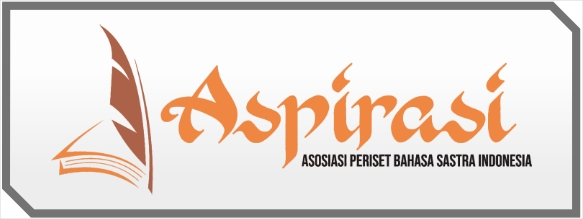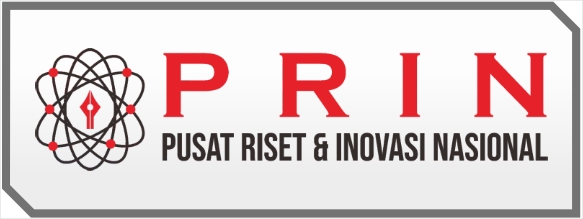Pengaruh Model Pembelajaran Problem Based Learning (PBL) Terhadap Hasil Belajar Peserta Didik Pada Sub Materi Daur Biogeokimia Di Kelas X SMA Negeri 1 Darangdan
DOI:
https://doi.org/10.58192/insdun.v3i2.2093Keywords:
Problem-Based Learning (PBL), Learning OutcomesAbstract
This research aims to determine the effect of the Problem Based Learning (PBL) learning model on student learning outcomes in the Biogeochemical Cycle sub-material in Class X SMA Negeri 1 Darangdan. This research uses a quantitative approach with a Quasi Experimental research method with a Non Equivalent Control Group Design. The population in this study were all class X students of SMA Negeri 1 Darangdan, Purwakarta Regency. The sampling technique was Purposive Sampling with a sample of class X.9 as the experimental class which took part in learning by applying the Problem Based Learning (PBL) learning model and class The variables of this research include the independent variable, namely the Learning Model (PBL Learning Model vs. Conventional Learning Model) and the dependent variable, namely student learning outcomes in the Biogeochemical Cycle sub-material in Class X SMA Negeri 1 Darangdan. The data collection technique uses the Test Method. The instrument used is a multiple choice test. Learning outcome data were analyzed using the Independent Sample T-test. Learning Results of experimental class students achieved good characteristics and the control class only achieved adequate characteristics. The mean post-test for the experimental class was 83.1 and the mean post-test for the control class was 74.04. The results of the Independent Sample t-test show the value of tcount = 3.363 > ttable = 1.989. Because tcount > ttable, Ho is rejected and H1 is accepted, which means that there is a significant difference in student learning outcomes between classes that take part in learning using the Problem Based Learning (PBL) learning model and classes that take part in conventional learning. And also the Sig value. (2-tailed) < 0.05, namely 0.001. So it can be concluded that the Problem Based Learning (PBL) learning model influences student learning outcomes.
References
Akinoglu, O. and Tandogan, R.O. (2007). “The Effect of Problem Based Active Learning of Student‟s Academic Achievement, Attitude and Concept Learning‟, Eurasia Journal of Mathemathics, science & Technology Education”, 3.
Amin, S. (2017). “Pengaruh Pembelajaran Problem Based Learning Terhadap Kemampuan Berpikir Kritis dan Hasil Belajar Geografi”. Jurnal Pendidikan Geografi, Vol 4, pp. 2356–5225.
Arikunto, S. (2006). “Prosedur Penelitian : Suatu Pendekatan Praktik. Cet.IV edisi Revisi VI”. Jakarta : PT. Rineka Cipta.
Slavin dalam Santoso, R.E.B. (2011). Model Pembelajaran Berbasis Masalah. [Online]. Tersedia : https://ras-eko.blogspot.com/2011/05/model-pembelajaran-berbasis-masalah.html. [30 Desember 2012]
Solehah and Riyanto (2016). “Penerapan Metode Mind Mapping Dan Model Student Facilitator And Explaining (Sfae) Untuk Meningkatkan Hasil Belajar Peserta Didik Kelas VIII Apada Materi Sistem Respirasi Di Smp Aisyiyah Muhammadiyah 3 Malang‟. JEMS (Jurnal Edukasi Matematika Dan Sains), 4(2), pp. 121–128.
Sufairoh (2016). “Pembelajaran Saintifik dan Kurikulum 2013‟. Jurnal Pendidikan Profesional, Vol 5(3), pp. 116-125.
Sugiyono (2017). “Metode Penelitian Kuantitatif, Kualitatif, dan R&D”. Bandung: Alfabeta.
Trianto. (2011). “Mendesain Model Pembelajaran Inovatif-Progresif: Konsep, Landasan, dan Implementasinya pada Kurikulum Tingkat Satuan Pendidikan (KTSP)”. Jakarta: Kencana















